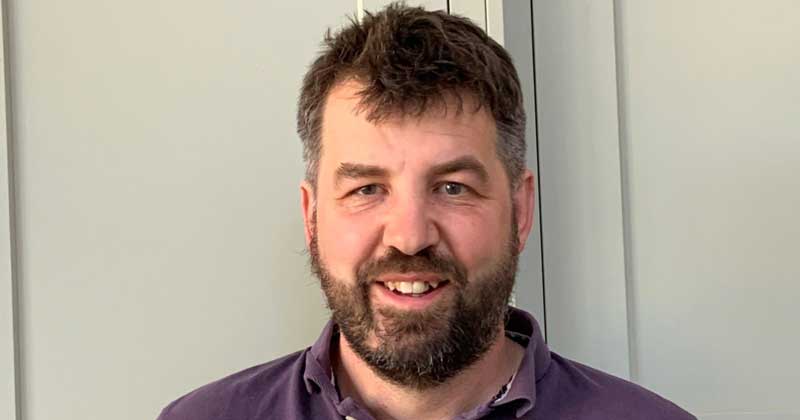6 Dec 2021
The Veterinary Pathology Group and Fitzpatrick Referrals are partnering on the study, which will look at what happened to more than 15,000 dogs after surgery to remove tumour.

The largest study to date into soft tissue sarcoma (STS) is to be conducted as a partnership research project.
The Veterinary Pathology Group (VPG), a member of Synlab UK and Ireland, is teaming up with Fitzpatrick Referrals to conduct the study on STS, one of the most common malignant tumours in dogs.
Tom Cave, the team of pathologists at VPG Histology and Jonathan Bray from Fitzpatrick Referrals will look at what happened to more than 15,000 dogs with STS after surgery to remove their tumour.
STS can metastasise and is prone to reoccurrence if surgery does not remove it all. Problems can also take years to develop.
Dr Cave said: “To study STS you need to allow a long follow-up time to fully understand the outcome of treatment.
“With some tumours you can revisit the patient one year on and understand what happened, but with STS you need to continue follow-up for at least two to three years or you risk overestimating the success of treatment.”

The researchers said STSs vary widely in their potential to cause problems after surgery, and can cause uncertainty in practitioners on the level of surgery required and the need for adjuvant treatments, such as radiotherapy and chemotherapy.
Assessments such as tumour grade and surgical margins are used to help formulate a treatment plan, but are imperfect – and the efficacy of some adjuvant treatments like metronomic chemotherapy is still uncertain.
Dr Bray said: “There is some evidence that these types of treatment are of help and this has become an accepted option – but it doesn’t mean there is unequivocal evidence that it’s effective.”

The latest multi-practice oncology study to date will revisit more than 15,000 cases across 13 years from 783 UK, Ireland and Scandinavian practices to discover the outcome for the patients. Previous studies looked at up to 350 cases.
In the coming months, the research team will contact practices to fill in any blanks on their STS database.
In addition to traditional assessments like tumour grade and surgical margins, the team plans to assess the role of next generation tumour DNA sequencing.